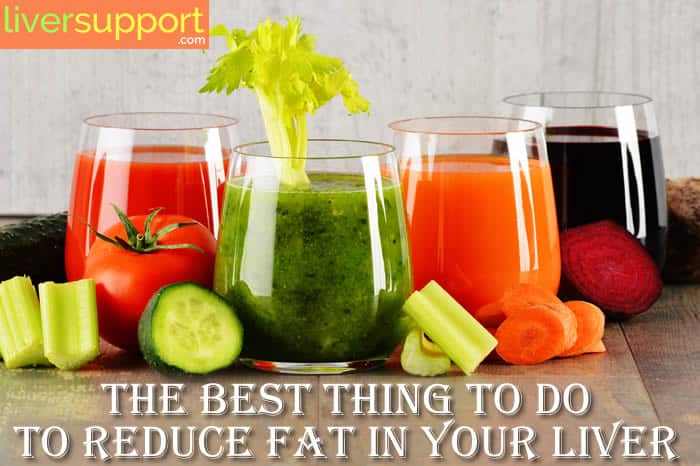
Previous
New Research Shows Cannabis Can Lower Risk of Fatty Liver

Next
UltraThistle Raises the Bar for Thwarting NAFLD
The Best Thing to Do to Reduce Fat in Your Liver
Discover your liver’s role in having a healthy metabolism. You’ll also learn there’s no “trick” to boosting your metabolism – it’s simply “treating” your liver well by doing this…
Your liver performs over 400 functions having to do with energy production, metabolism of fats (lipids), sugars (carbohydrates), and the processing of proteins. When we consume too many carbohydrates and fats, our blood sugar rises, and insulin is produced and released into our blood stream. That insulin is a trigger for your liver to begin storing the excess glucose within its own cells for long term energy. When your liver is full of glycogen, it begins storing it as body fat.
What Is Metabolism?
Metabolism is the sum of all chemical processes that occur in your body, including digestion, energy conversion, muscle building, and waste processing. When we talk about metabolism in relation to weight loss, weight gain and fatty liver, we are referring to your liver’s ability to process the excess carbohydrates and fats that are not being used for energy, and converting them into body fat (which eventually begins to accumulate in your liver).
Metabolism is determined by several factors, including your:
- Size
- Sex
- Age
- Activity levels
- Food consumption
Other health factors like thyroid disorders or diabetes can also affect your metabolism.
There are many myths about how to increase your metabolism. However, it’s a simple math problem: calories in – calories used = energy deficit or energy surplus.
If you eat less calories than you are burning with physical activity then you will lose weight; but if you are eating more calories than you are burning you will gain weight.
Diet and Exercise Can Boost Your Metabolism
Aerobic exercise is critical for cardiovascular health and burns calories while you are exercising. Strength training and weight bearing exercise are important for your bone health. They burn calories while you are exercising and allow your muscles to continue burning an increased number of calories while you are at rest.
While exercise does increase metabolism to some extent, it cannot overcome a poor diet. You simply cannot out-exercise a bad diet!
Achieving and maintaining a healthy weight is critical in reducing fat accumulation in your liver. While exercise can help boost your metabolism and improve your overall health – a nutritious diet low in carbohydrates and fats is the most important thing you can do to reach your ideal weight and reduce your fatty liver.
Fall Fun Fact
Various studies have found pumpkin seeds to support different aspects of liver health. In addition to supporting the health of your liver – they can also aid in boosting your metabolism. Because they are high in fiber and rich in protein, they make your body work harder (and burn more calories) to digest them.
Mayo Clinic. (n.d.) Metabolism and weight loss: How you burn calories. Mayo Clinic. Retrieved on 10/19/17 from https://www.mayoclinic.org/healthy-lifestyle/weight-loss/in-depth/metabolism/art-20046508.
Medline Plus. (n.d.). Can you boost your metabolism? Medline Plus. Retrieved on 10/19/17 from https://medlineplus.gov/ency/patientinstructions/000893.htm.
NIH. (n.d.). Nonalcoholic fatty liver disease & NASH. National Institute of Diabetes and Digestive and Kidney Disease. Retrieved on 10/19/17 from https://www.niddk.nih.gov/health-information/liver-disease/nafld-nash.
NIH. (n.d.). What is metabolic syndrome? National Heart, Lung and Blood Institute. Retrieved on 10/19/17 from https://www.nhlbi.nih.gov/health/health-topics/topics/ms.
Paschos, P.; Paletas, K. (2009). Non-alcoholic fatty liver disease and metabolic syndrome. Hippokratia. 13(1), 9–19. Retrieved on 10/19/17 from https://www.ncbi.nlm.nih.gov/pmc/articles/PMC2633261/pdf/hippokratia-13-9.pdf.






